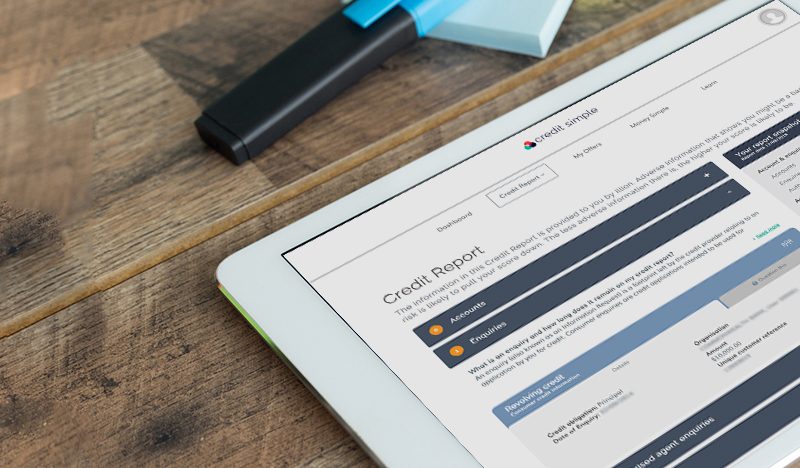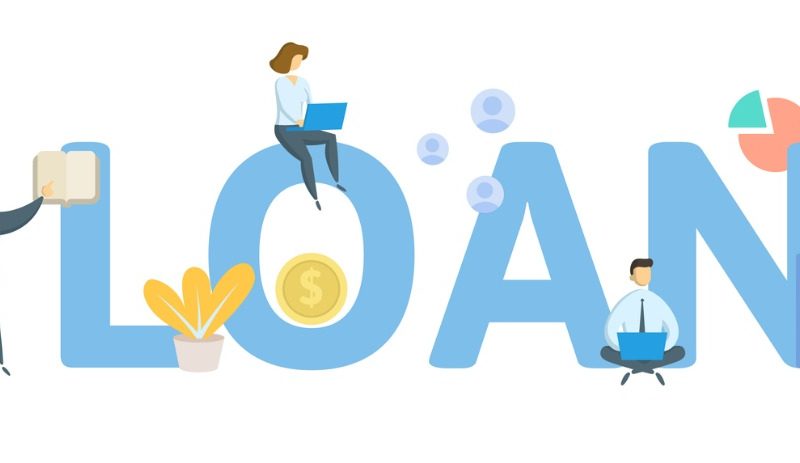Debunking 5 of the most common credit myths
Where do you get your credit score information? According to Australian Securities and Investments Commission (ASIC) research, many of us rely on less-than-authoritative sources.
Their Financial Behaviour and Attitudes tracker found that just over a third of us use bank websites for information on financial products (while definitely authoritative, they may not be independent). Around one-fifth rely on friends and family, while only 10 per cent (roughly) use a professional financial adviser.
When it comes to your credit, it pays to be up to speed. Buying into myths is easy to do, but it can mean your credit score ends up suffering for it. Here are five myths around credit that are worth ignoring.
Myth 1: Shopping around for credit is always a good thing
General wisdom usually dictates that shopping around for credit is a great way to get the best deal. However, the extent to which you shop around can have a big impact on your credit score.
Your credit score isn’t just a record of existing debts – it will record every time you have applied for credit in the past five years as well. People with multiple applications in a short space of time are often deemed by lenders to be risky borrowers.


How often you apply for credit can affect your credit score and impact your borrowing prospects.
Many lenders will have no idea if someone with multiple applications has been rejected a lot, or if they simply have a lot of separate debts – either way, this can negatively impact your ability to get credit.
As a general rule of thumb, three or four lines of credit is a stable number. If you wish to shop around, do your research first and think before you submit a credit application.
Myth 2: Defaults will stay on your credit file forever
This myth has slightly more positive (although no less serious) implications for borrowers. Many believe that credit defaults stay on their credit file forever, but in reality they’re on there for five years. That includes rejected applications we mentioned above – another reason to think before you make a credit application.
There are exceptions to the five-year rule. For example, if you have an undischarged bankruptcy, this will remain on your record. A clearout, where the lender has tried to get in touch with you but can’t, stays on your record for seven years. As always, be careful with what you borrow – a default can make your financial future very difficult.
Myth 3: Your credit score won’t change if you don’t do anything
A common query is around changes in credit scores. Often, people will find their credit score changes when they haven’t taken on any new debt and made sure all of their payments are on time.


Even if you haven’t taken out credit recently, the passage of time can impact your score.
What usually happens is the expiry of an old debt. As mentioned above, most entries on a credit report remain there for five years, after which time they no longer influence your rating. In some cases, this will be a record of strong repayments – as these expire, your overall score may drop without any direct action on your part.
That’s why it’s always so important to know your credit score at any point in time – so you can anticipate changes that could affect your ability to get credit.
Myth 4: Commercial and personal debts are separate
While directors can be separate entities from the businesses they run, both parties can generate debts on the same credit report.
As ASIC points out, since March 2014 all business or commercial lending applications you have made will show up on your personal credit report. Even if you are not personally liable for the debts of your company, poor business management could affect your personal capacity to secure lending.
Myth 5: Your first credit report each year is always free
In most cases, you will be able to secure a copy of your credit report free of charge. However, if you need to obtain a copy of your credit report quickly (ie., within 10 days), you may be charged.
Only 3.5% of Aussies are credit unicorns (with a perfect score of 1,000). Are you one of them? pic.twitter.com/D7m8cJEZji
— Credit Simple (@creditsimpleau) March 2, 2017
For those who can wait, there shouldn’t be a charge. Multiple enquiries in one calendar year can also mean further charges. Consumers should make sure they don’t get caught out determining when they will need their credit report and securing it well in advance.
Stick with the facts when it comes to credit
ASIC’s behaviour tracker reports that over the past few years, the percentage of Australians confident in their money managing abilities rarely raises above 60 per cent. This means many of us still find money to be a source of stress – and the sources we’re turning to for help are often not the best available.
To gain clarity on your debts and start planning for the future, start with a comprehensive summary of where you’re at – Credit Simple Australia’s credit reports.
- Post Tags:
- credit score
Credit Simple
Credit Simple gives all Australians free access to their credit score, as well as their detailed credit report. See how your credit score compares by age, gender and community and gain valuable insights into what it all means.
All stories by: Credit Simple


